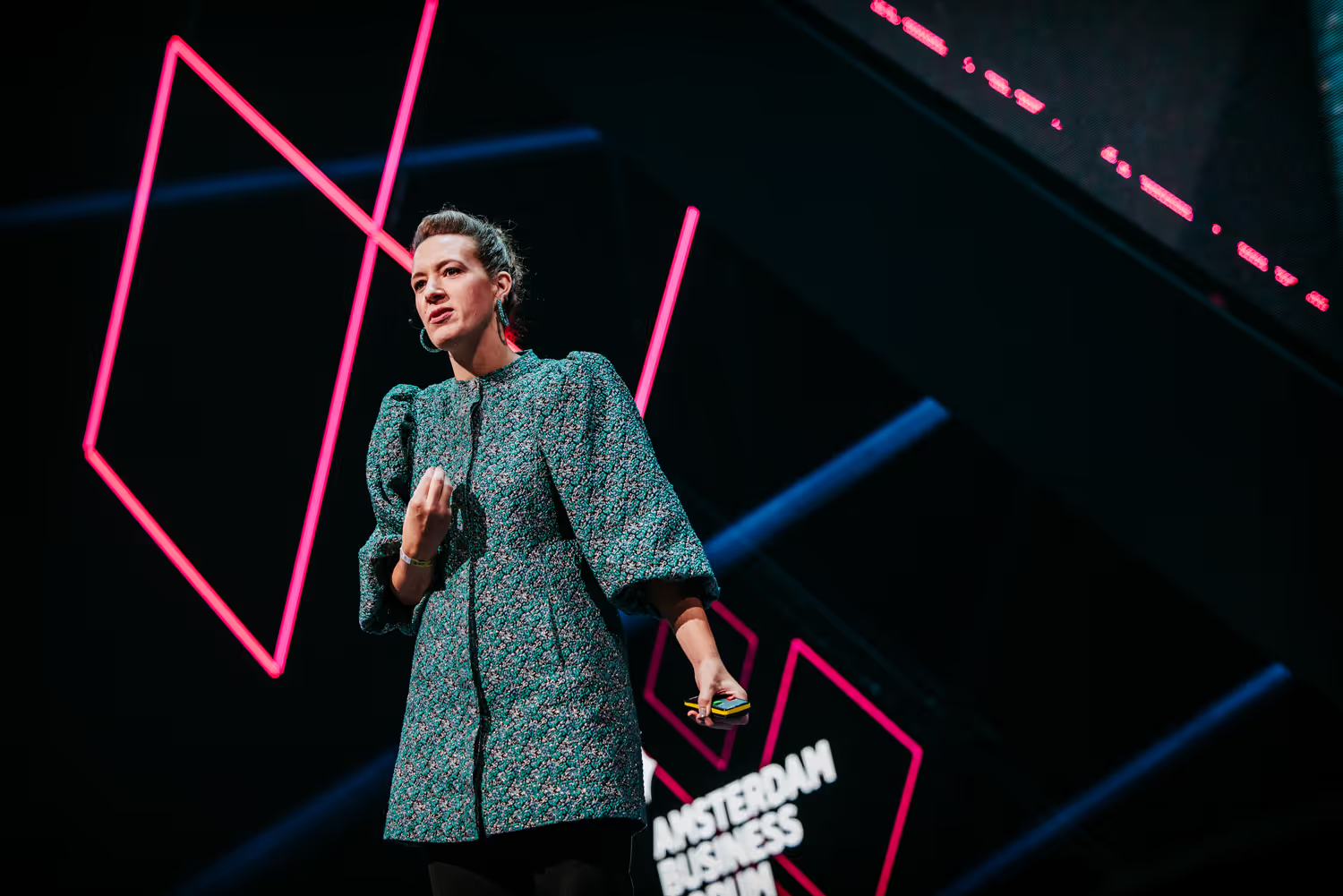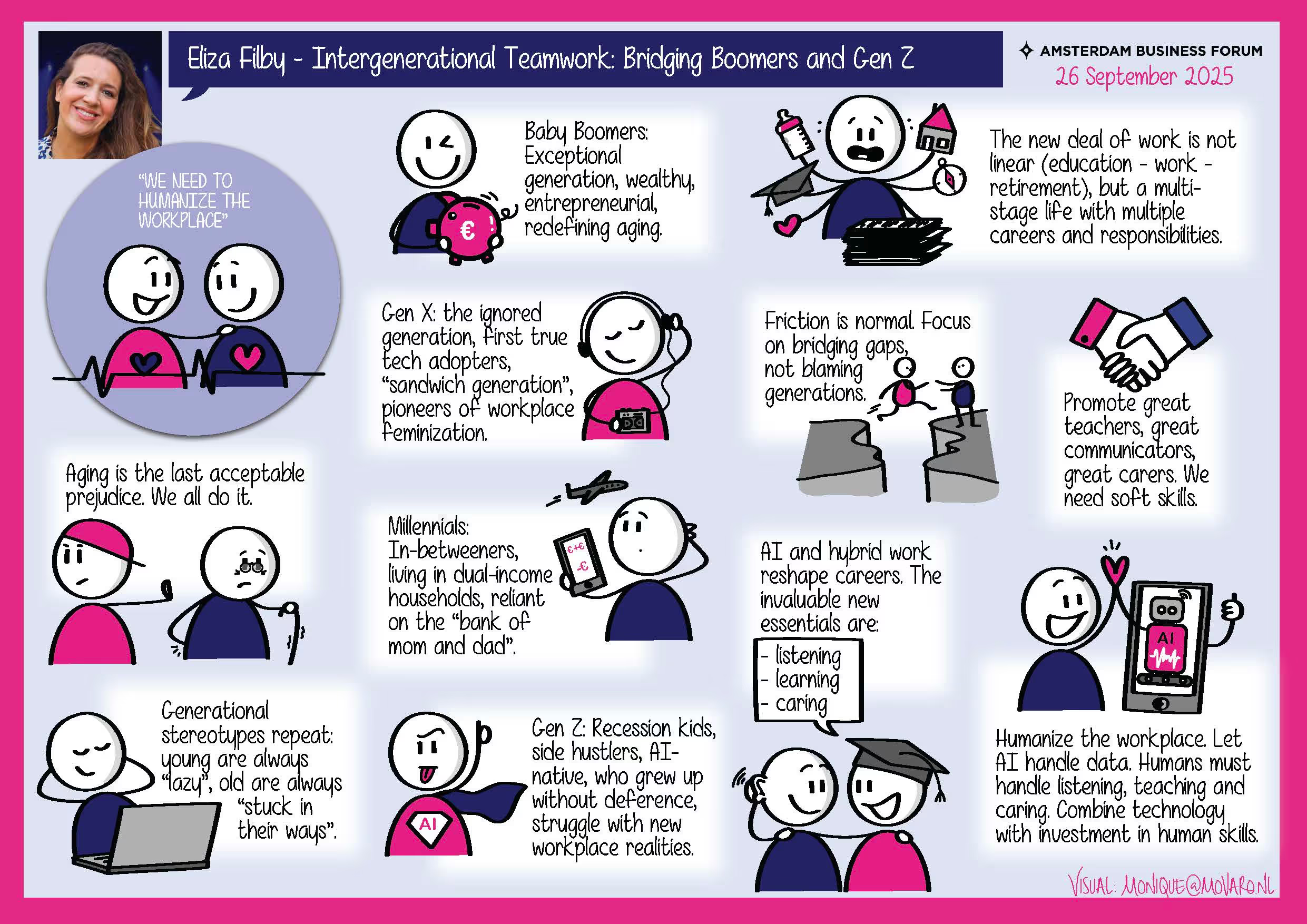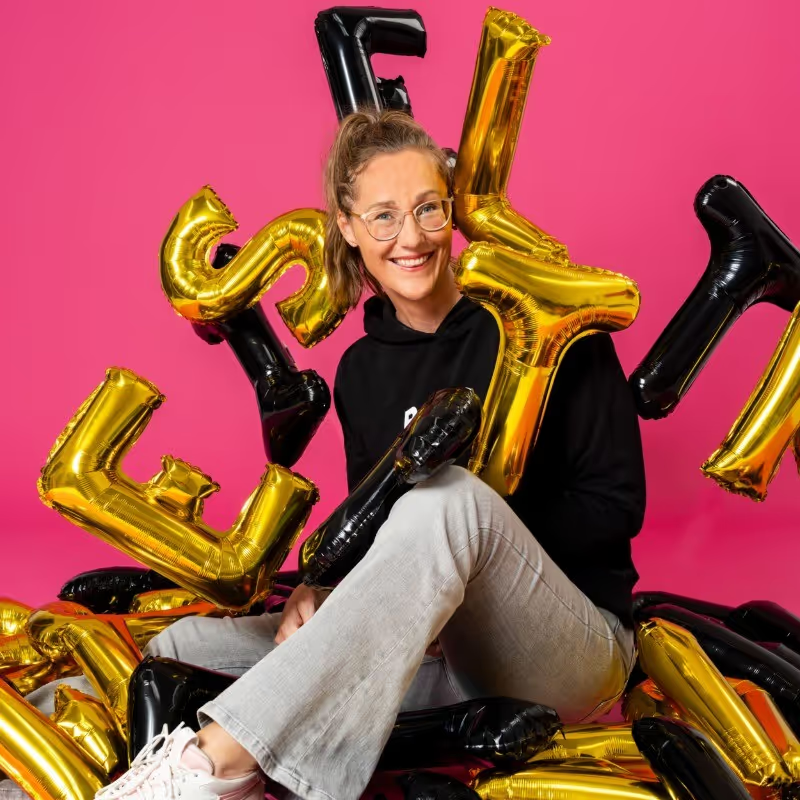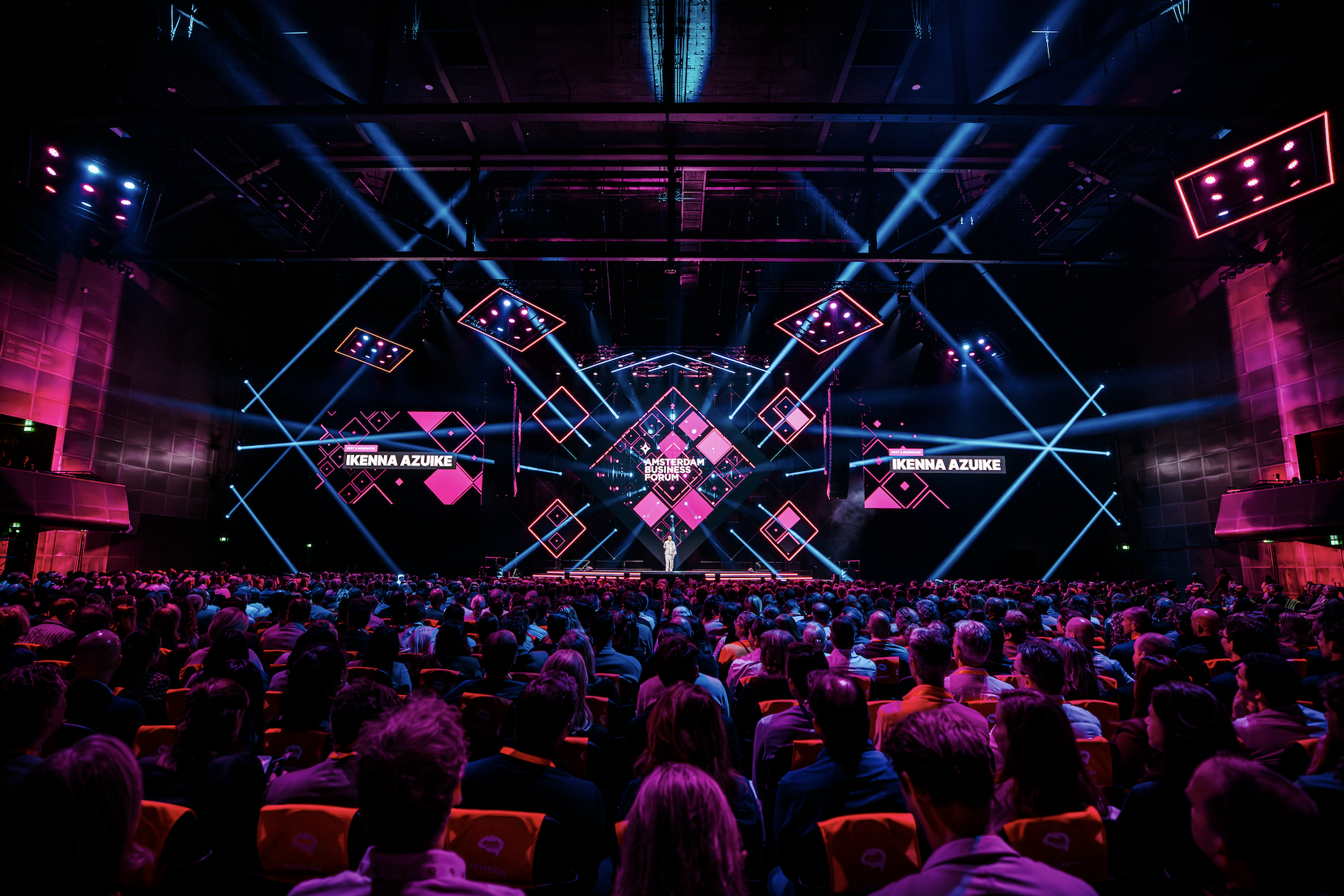From friction to fuel: Eliza Filby on leading four generations
Eliza Filby's keynote was a call to arms for leaders to stop blaming younger (or older) colleagues.

That’s the challenge generational expert Eliza Filby laid down at Amsterdam Business Forum. Her keynote was a call to arms for leaders to stop blaming younger (or older) colleagues. And start building workplaces where humans, not bots, take the lead.
“Every generation arrives with its own set of values, expectations, and frustrations. The challenge for leaders is not to pick a side, but to bridge the gap.”
So let’s start by understanding who’s in the room.
Four generations, four labels
Eliza breaks down the workforce into four distinct generational personas - each shaped by the world they grew up in.
- Baby Boomers (1945–1965): the Exceptionals
Larger, wealthier, and healthier than any cohort before them. Redefining retirement by staying active, launching businesses, and still leading in sectors you wouldn’t expect.
“This is the generation that drinks the most and sees the biggest rise in STDs. The Gen Zs are appalled.”
- Gen X (1966–1980): the Ignored
Now running most organizations, but often left out of the generational conversation. They’re the first tech generation and the sandwich generation - squeezed between supporting kids and aging parents.
- Millennials (1981–1996): the Inbetweeners
Raised with the promise of stability, they hit adulthood during the eurozone crisis. Many are still living with the consequences: delayed milestones, rising costs, and financial reliance on the “Bank of Mum and Dad.” They bridge analog and digital worlds, but carry the weight of both.
- Gen Z (1997–2010): the Experimentals
Born into recession and raised on smartphones. They’ve never known a world without AI. They reject hierarchy, expect transparency, and challenge everything - especially the way we work.
Together, they form the most diverse workplace in history. And yes, there’s friction. But that friction is energy. Well, if you know how to lead it.
Tip 1. Replace judgement with curiosity
“Ageism is the last acceptable prejudice.”
It’s tempting to default to stereotypes: Gen Z is lazy, Millennials are fragile, Boomers are stubborn. But Eliza challenges leaders to look deeper.
Judgement closes doors. Curiosity opens them. When your youngest employee challenges the way things are done, ask why. When an older colleague resists change, ask what they fear.
Key takeaway: curiosity disarms conflict and builds trust faster than judgement ever will.
Tip 2. Honour human skills over hard skills
“We need to return to what humans do best, which is listen, teach, and care.”
Hybrid work and AI have made organizations more efficient, but less connected. Mentorship, learning by osmosis, and daily care for each other have all declined since 2020. Machines can produce, but they can’t build trust.
So what can you do? Promote and reward the people who teach, care, and communicate. They’re the ones quietly future-proofing your teams.
Key takeaway: AI can optimise your output. Only humans can sustain your culture.
Tip 3. Lead with optimism
Generational clashes are real. But Eliza challenges leaders to turn them into opportunities.
“Optimism is not naïve. It’s the belief that we can shape a future where generations don’t clash, but collaborate.”
And she shows how it’s already happening:
- UBS created a communication charter to align Gen Z and managers on everything from Zoom etiquette to email tone.
- Citibank launched reverse mentoring: Gen Z teaches AI tools, Gen X offers judgment and critique. Both sides grow.
- Fidelity supports eldercare with flexibility - acknowledging that caregiving doesn’t just apply to parents of young kids. It helps Gen Z support grandparents and keeps Baby Boomers in the workforce longer.
Key takeaway: lead with the belief that generational differences are assets, not liabilities.
Bonus Insight: The multi-stage career is here to stay
The old model of education → job → retirement is dead. Today’s employees navigate multi-stage careers: switching roles, upskilling midlife, caring for both children and parents, and staying active long past 65.
“Why can’t we have apprentices at 50?”
Ignore this shift, and you’ll lose talent. Embrace it, and you’ll build workplaces that fit life - not just work.
Key takeaway: career paths are no longer linear. Leadership shouldn't be either.
The real future of work
Technology will keep evolving. Every generation will keep arriving with new values, expectations, and frustrations.
The winning organizations will be the ones that remember this:
- Less judgement, more curiosity
- Less focus on output, more on teaching and care
- Less obsession with differences, more investment in collaboration
The best leaders won’t be the ones who decode AI first. They’ll be the ones who double down on what makes us human.
Your job isn’t to fight generational friction.
It’s to turn it into fuel.
Questions for reflection
- Who in your team models listening, teaching, and caring, and how can you promote them?
- What is one generational friction point you could turn into collaboration this year?
- What is one step you can take this week to make your workplace more human?
- Where do you still judge instead of staying curious about other generations?
- How can you make optimism a concrete part of your leadership style?
Visual recap




